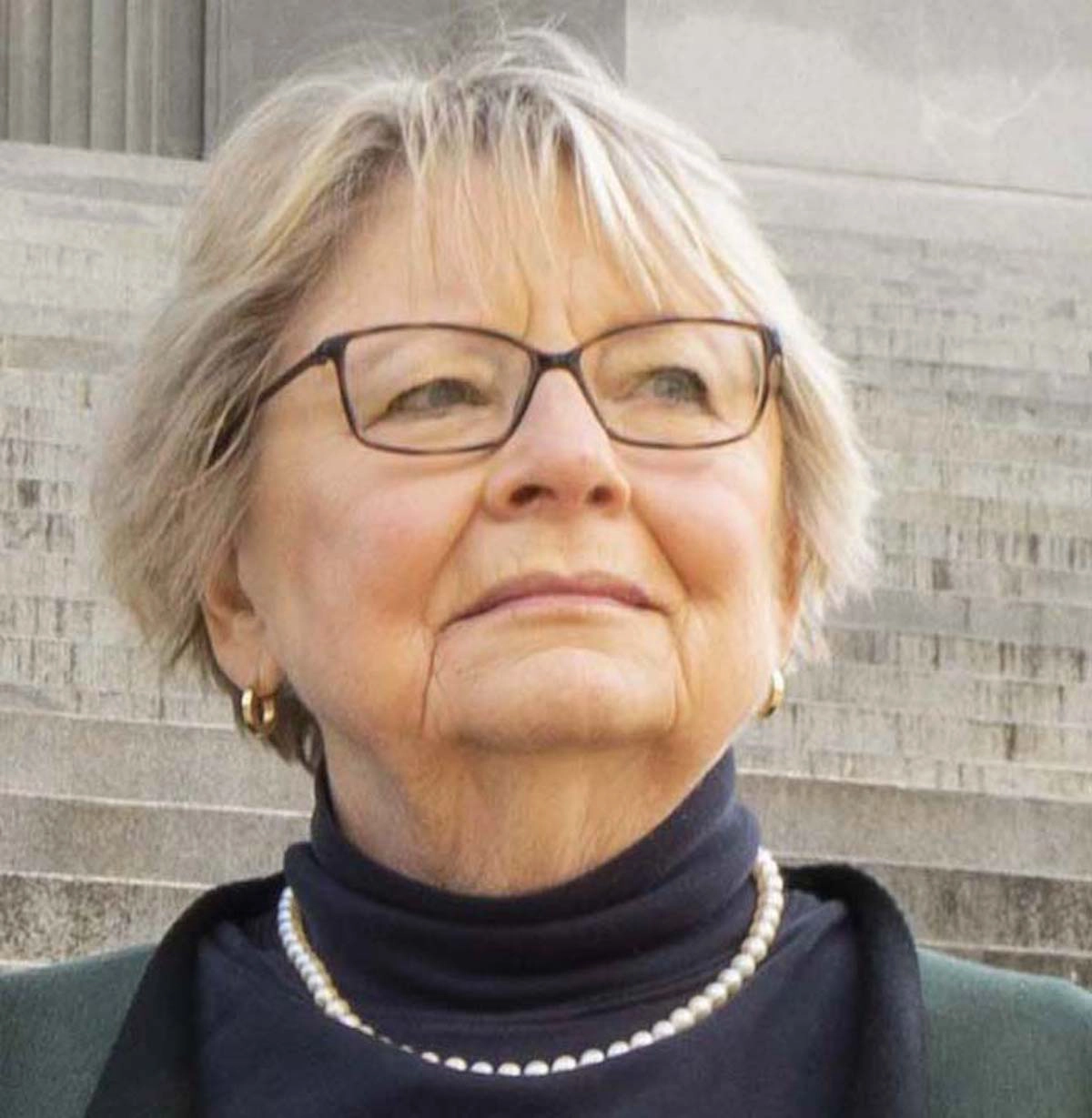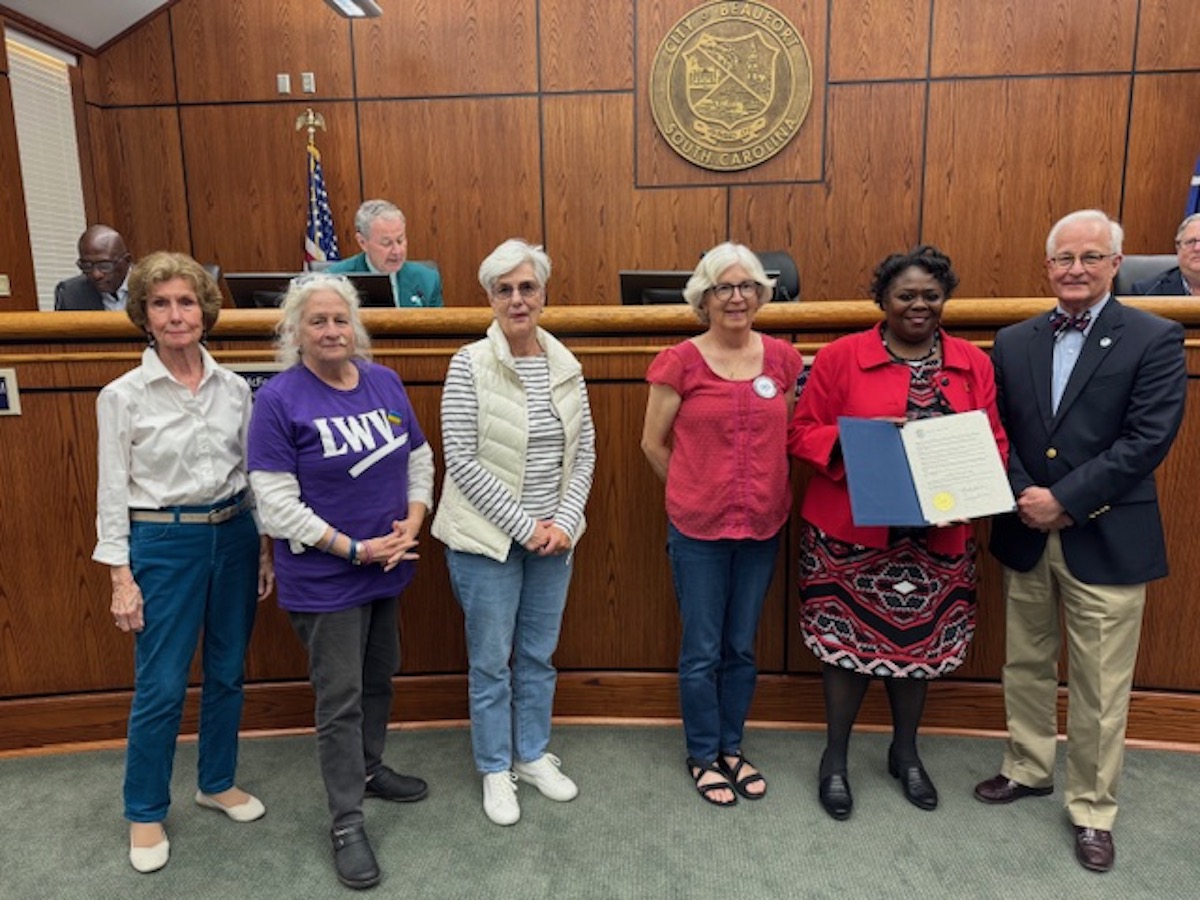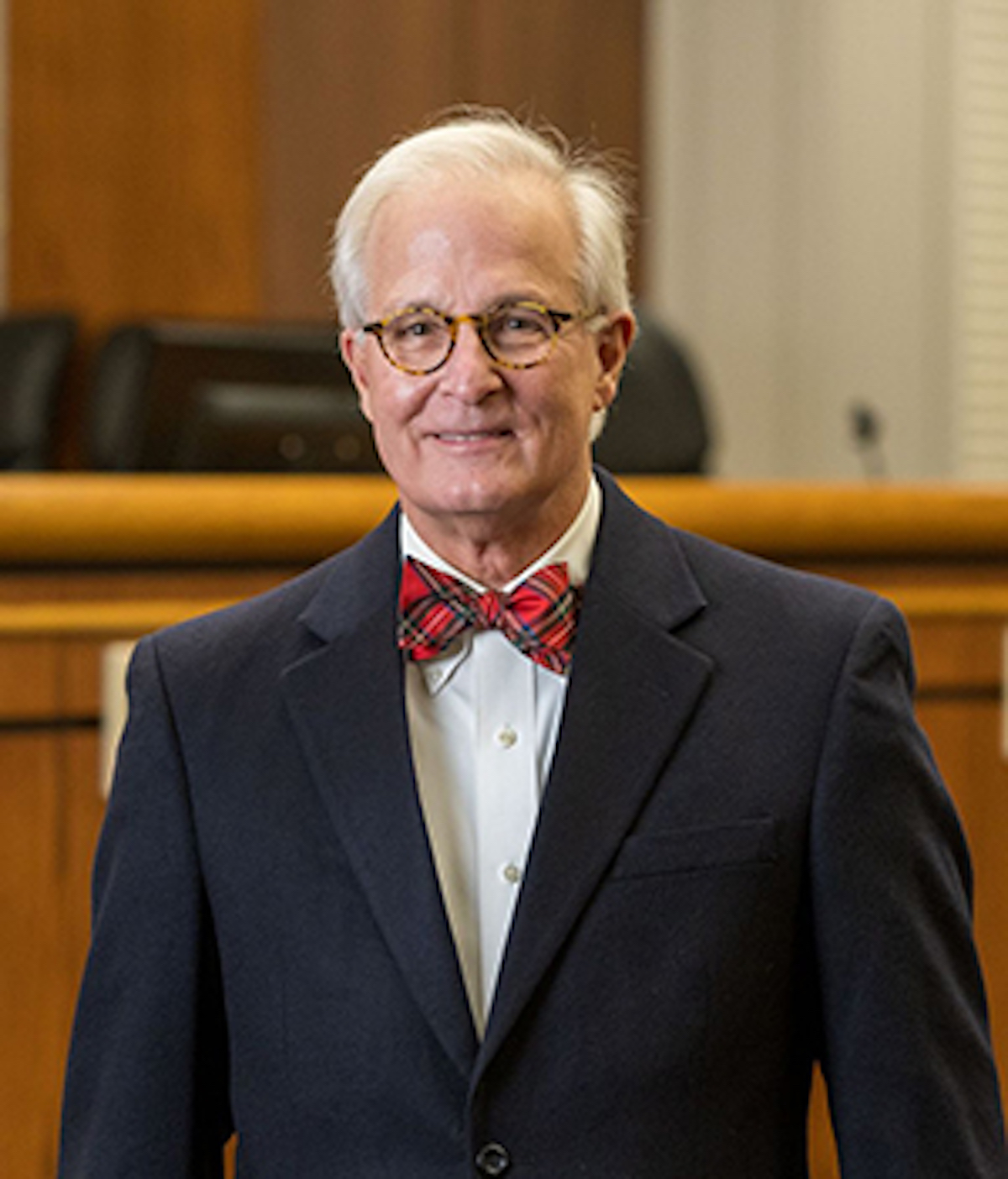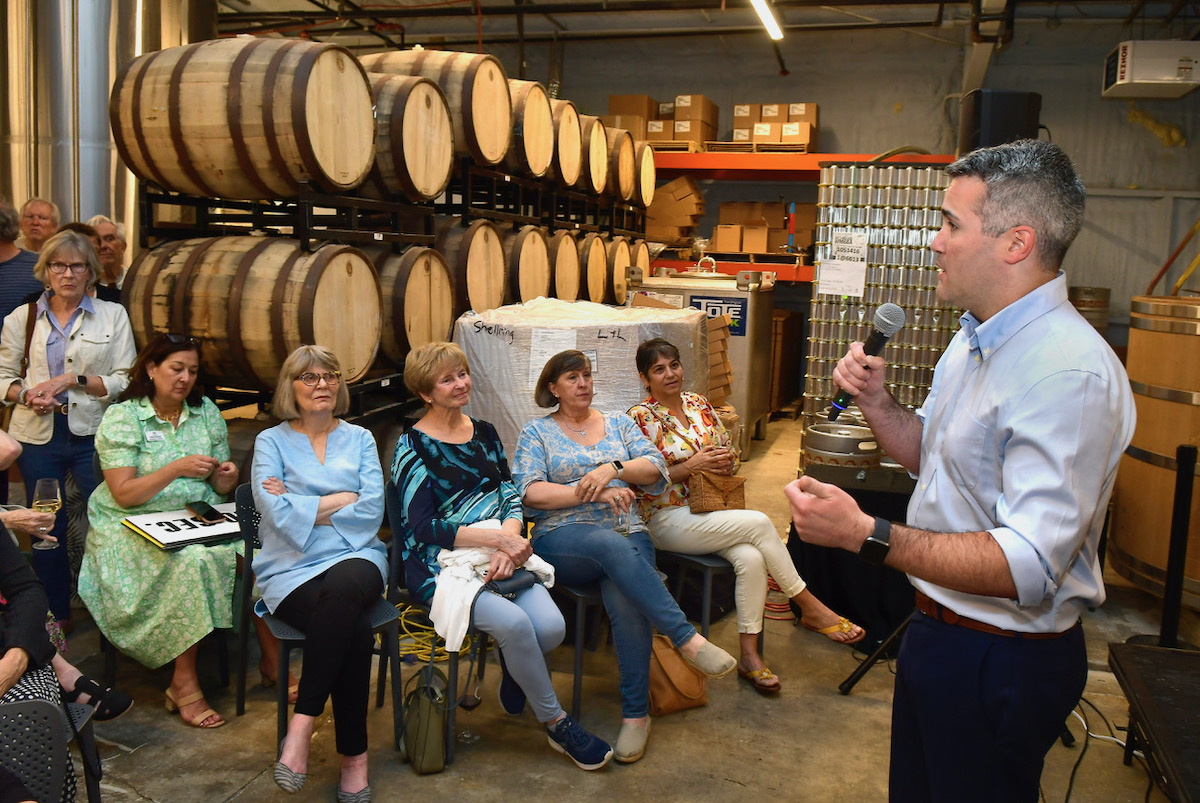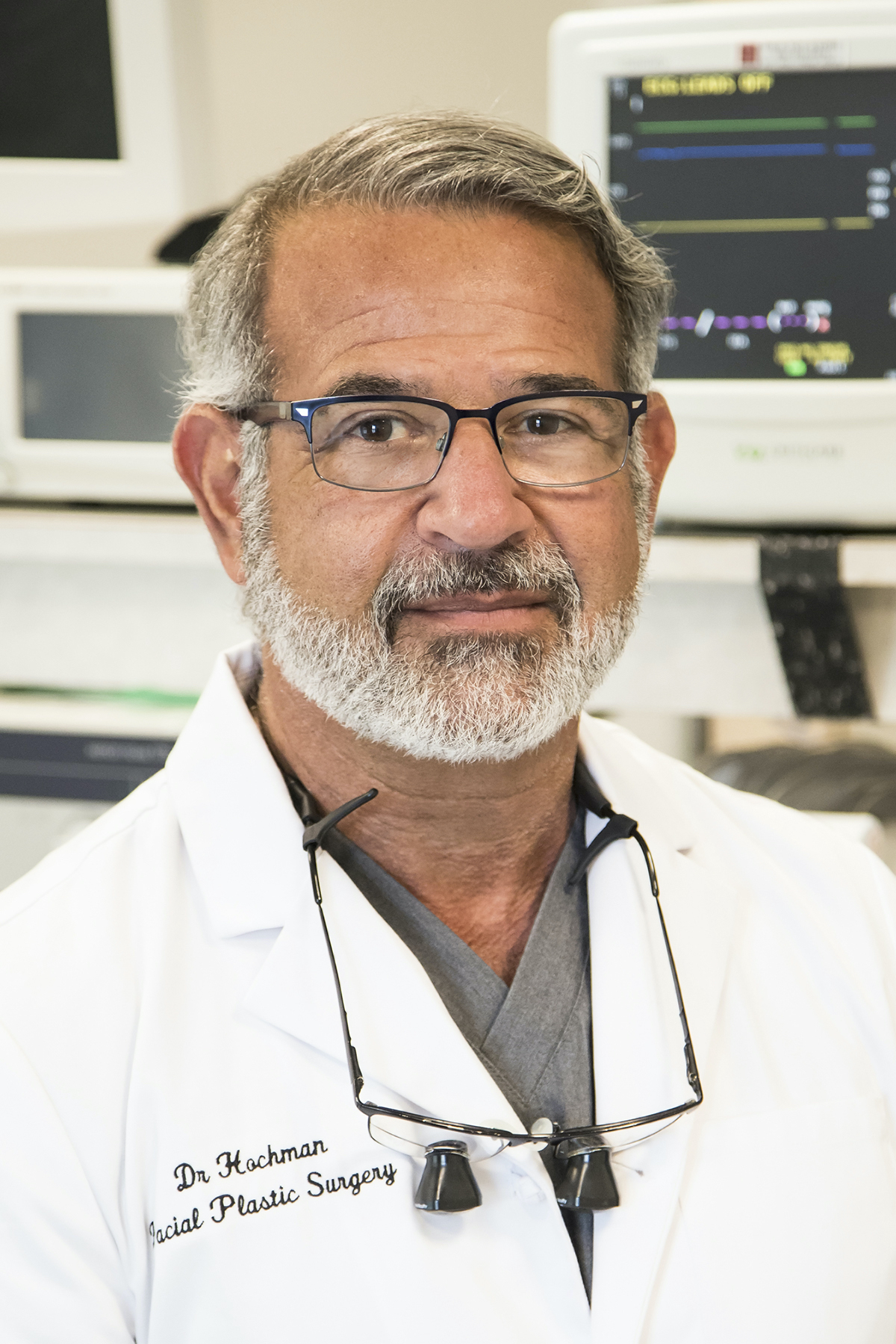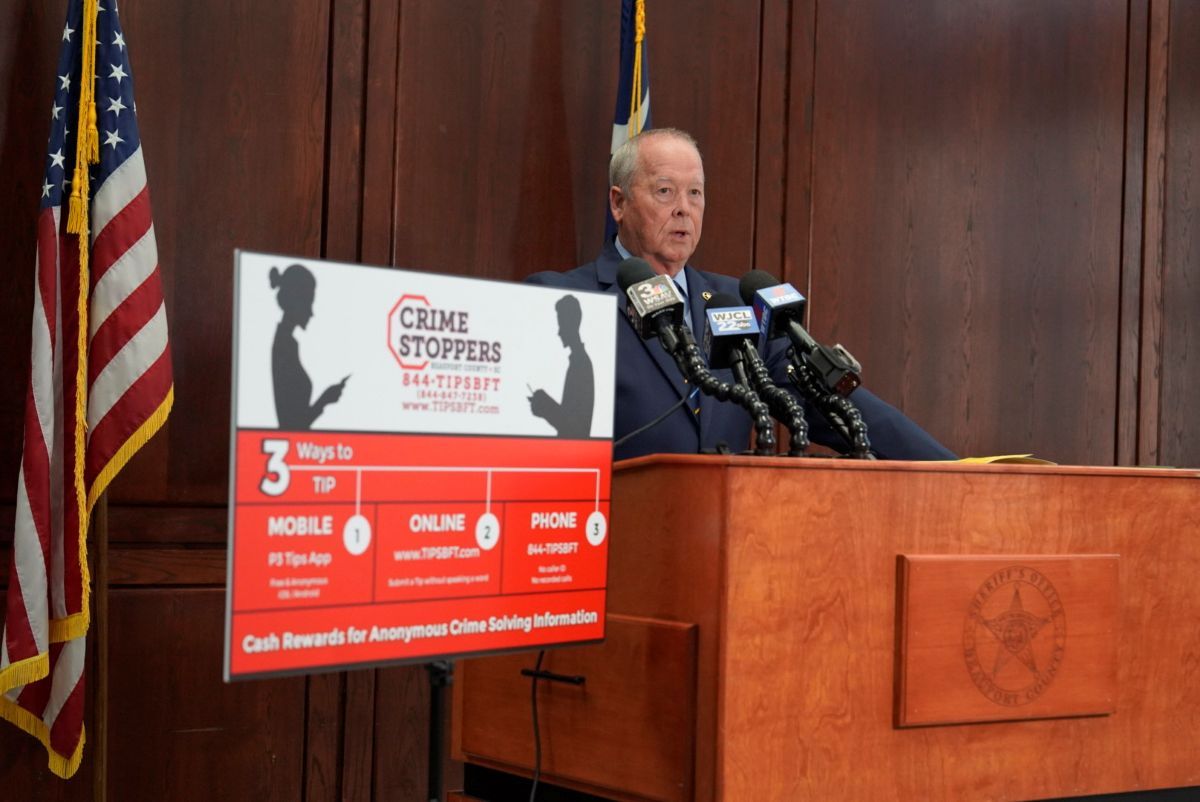By Lynn Teague
Both our House and Senate are considering reform of South Carolina’s judicial selection process.
At present our Legislature elects all state judges other than magistrates and probate judges. Election follows evaluation by the Judicial Merit Selection Committee (JMSC), which is currently dominated by legislators. The JMSC forwards three qualified candidates to the General Assembly for a vote.
A House ad hoc committee has already heard many hours of testimony. Solicitors spoke of perceived abuse of the courts by lawyer legislators. The League of Women Voters made recommendations from a very different perspective, that of underlying constitutional principles.
However, we reached similar conclusions. Among those conclusions — the membership of the JMSC should exclude legislators, and the list of qualified candidates sent by the JMSC to legislators for a vote should be expanded.
The reasoning of the League of Women Voters is simple. When we reject public election of judges (as we believe we should), the responsibility for selection falls to the other branches of government. However, each branch must be sufficiently independent to provide checks and balances for the others.
Therefore, the role of the legislative and executive branches must be narrowly tailored to select well-qualified jurists without exerting excessive influence over the judicial branch.
Evaluating qualifications does not require legislative or executive branch membership on the JMSC. Instead, well-qualified independent experts in the law and ethics should serve in this role. They might be appointed by legislators and the governor, but they should not be actively serving in either branch of government.
Not everyone agrees.
Rep. Micah Caskey, chairman of the JMSC, read a memo at the last meeting of the House committee that said in part: “As envisioned by the Founders of this country, … our branches of government must always be in a cooperative tension with each other. … I believe that it is important that some majority of the seats on the JMSC be held by legislators or legislator-appointees.”
What we have now is not “cooperative tension.”
We note Chief Justice Don Beatty’s dissent last August in the case of Planned Parenthood South Atlantic, et al. v. State of South Carolina, et al.:
[The majority opinion] has taken the extraordinary step of disregarding this Court’s precedent as it struggles to justify its legally inconsistent result. This not only weakens the stability and reliance value of the law in this state, but ultimately undermines judicial independence and the integrity of the Court as an institution. … As previously noted, the fear of legislative reprisal is palpable. The lack of judicial independence renders a court powerless and places it on the edge of a slippery slope to irrelevance.
Sadly, the House committee did not choose to recommend removal of legislators from membership in the JMSC. Some recommendations — for example, term limits for JMSC members — are useful but not sufficient to ensure independence.
The committee did recommend expanding the number of qualified candidates submitted to legislators for consideration. This could reduce the potential for manipulation of the system and improve the chances that our judiciary will not be made up of a narrow segment of our society.
A judiciary that deserves the public trust should accurately reflect the perspectives and life experiences of a wide range of South Carolinians.
These JMSC reforms are not by themselves sufficient.
Other changes in both statute and General Assembly rules are badly needed. The work of both House and Senate continues.
We hope that these mighty labors produce change worthy of the effort, but they will do so only if they are grounded in real respect for the independent role of the judiciary.
Lynn Shuler Teague was born in Orangeburg, grew up in Columbia, and moved to New Mexico in 1968. She is a professional archaeologist and was on the faculty of the Arizona State Museum at the University of Arizona for many years. She and her husband returned to South Carolina when they retired. Since 2012, she has served as a vice president of the League of Women Voters of S.C. and volunteer League lobbyist at the Statehouse, working especially on the voting and election issues central for the League. She has directed the League’s work on redistricting since 2017.

